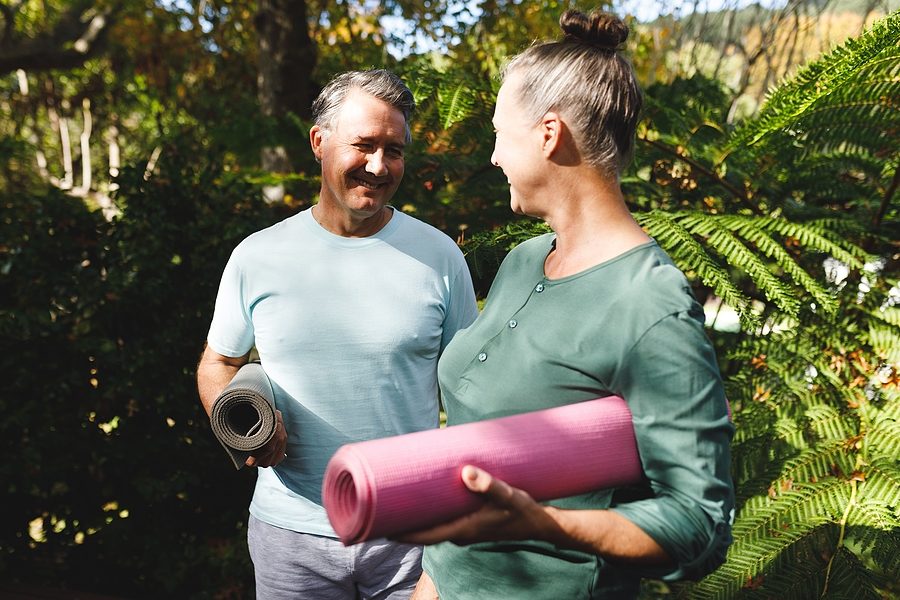
That yoga should positively affect your mind and body is not a surprise, it is after all a practice that brings them together. It is a connection between the two.
The breathing exercises, meditation and postures you undertake in yoga are there to not only improve your physical strength and balance but to relax you and reduce stress.
Many studies have been carried out to investigate these effects of yoga and to find out exactly how it affects those who practice it.
We look at 7 ways in which yoga affects your mind and body and how it can benefit your long-term physical and mental health.
-
It can reduce your stress
This is one of the most popular reasons you may choose to select yoga, to deal with your stress levels. It is easy to see why yoga helps reduce feelings of stress, it combines exercise which releases endorphins; meditation and controlled breathing which encourages mindfulness.
For anyone who has tried yoga, you do feel an escape when you practice it. Your concentration on slow stretching and postures, carried out whilst keeping your breathing measured means you feel relaxed and more self-aware.
You concentrate and focus to be in that moment and escape from whatever stresses you had in your day.
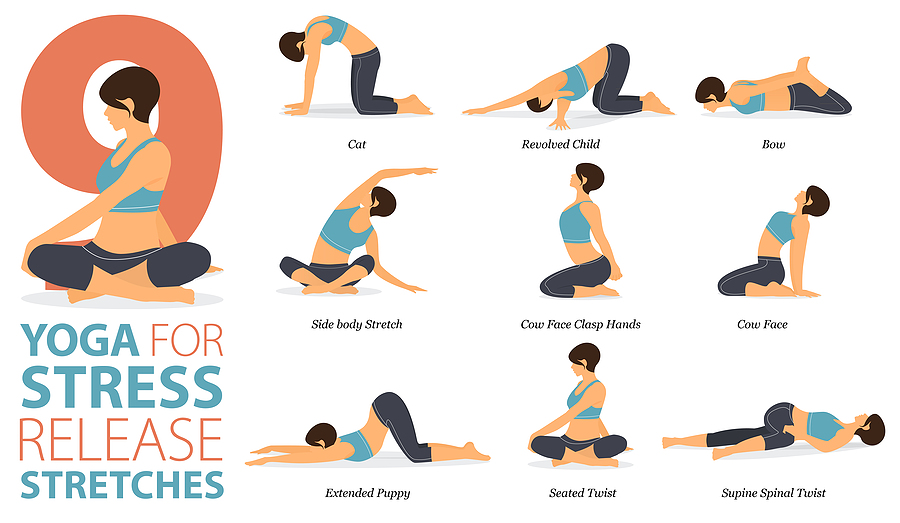
-
It can help with mental health
As with stress, yoga and its use of meditation can be a powerful tool in addressing other mental health issues such as anxiety and OCD.
Part of this could be related to the chemicals released in your brain when you practice yoga. These which include dopamine, serotonin and endorphins help you to relax, feel calmer and lower anxiety levels.
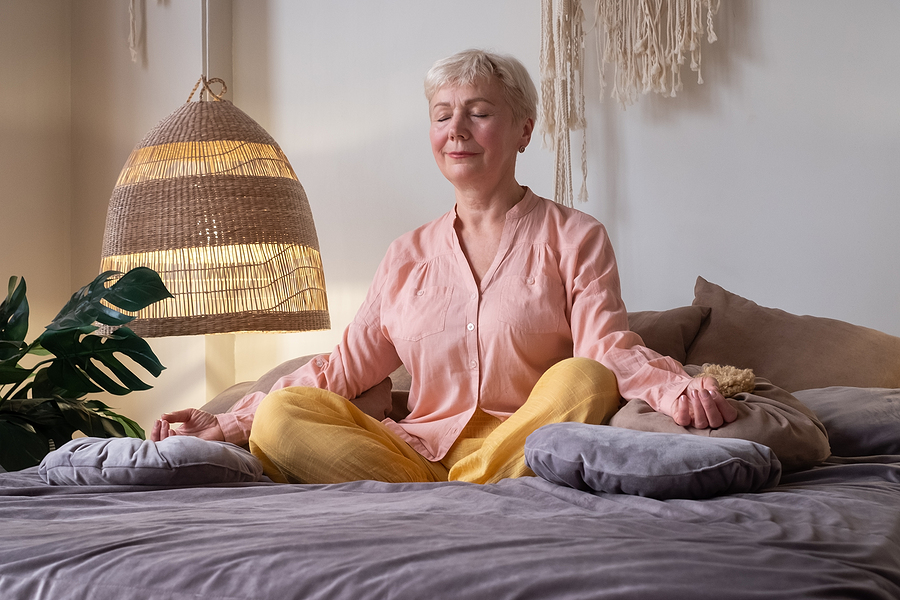
-
It can improve your thinking
Various studies have been carried out globally to look at yoga and its effects on cognitive decline as you age. The majority of findings point to yoga-based interventions as having a positive impact on memory, attention and thought processing.
It is thought that part of this is that yoga helps to improve your sleep, general mood and wellbeing.
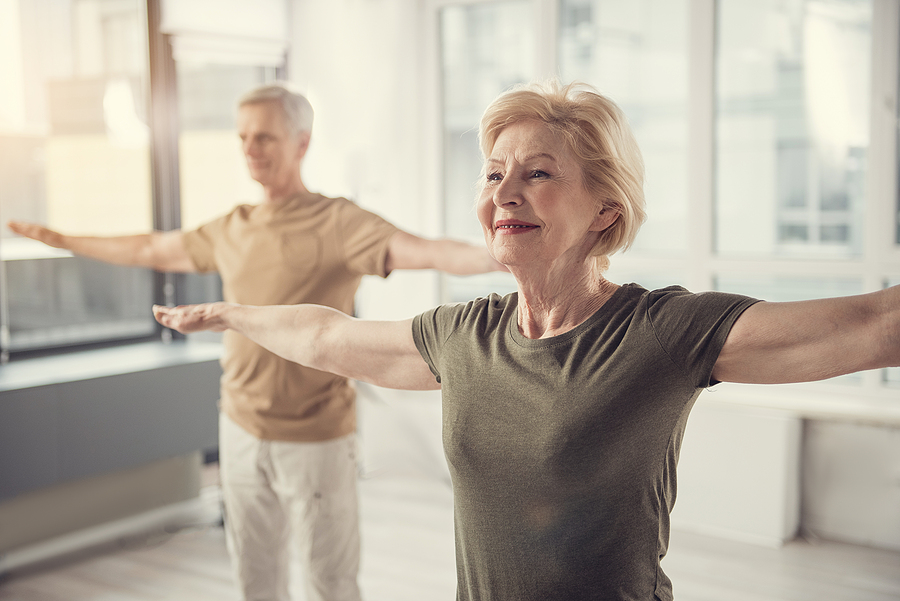
-
It can improve your flexibility and balance
As the postures in yoga are slow and measured, it is an ideal way to improve your balance and movement in general. The benefits of this are that as you age you will have less tendency to fall.
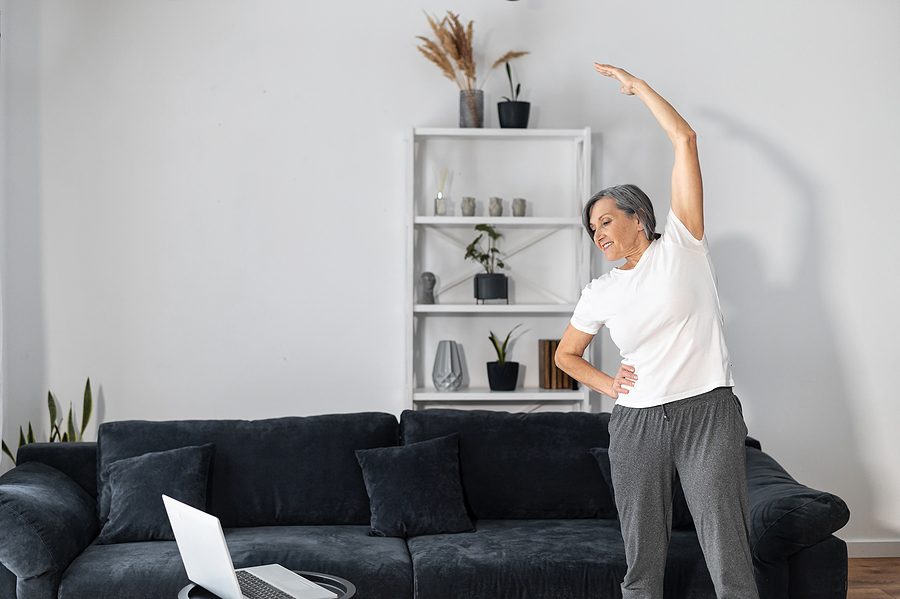
-
It can lead to a better sleep
When you age, disturbed sleep is a common problem with issues such as insomnia or restless leg syndrome. Yoga can help to improve your quality of sleep.
Regular yoga practice such as Hatha Yoga with its gentle postures and breathing techniques produces a calming effect. This is referred to as the relaxation response, the opposite of the fight or flight response.
This calm state coupled with stretched and relaxed muscles and moving your body more, helps to improve your overall sleep.
Try to carry out 10 minutes of gentle yoga before going to bed and see if you feel the difference.
-
It can help ease aches and pains
If you suffer from chronic pain due to osteoporosis or arthritis for example, restorative yoga can help to reduce muscle stiffness and joint pain.
Restorative yoga uses props such as bolsters, blocks and blankets to hold postures for much longer than other types of yoga, sometimes for up to 20 minutes. It focuses on meditation whilst the props help you to maintain the posture and relax your muscles.
It is much less about movement and high energy. You will find if you carry out restorative yoga that it is gentle on both your mind and your body.
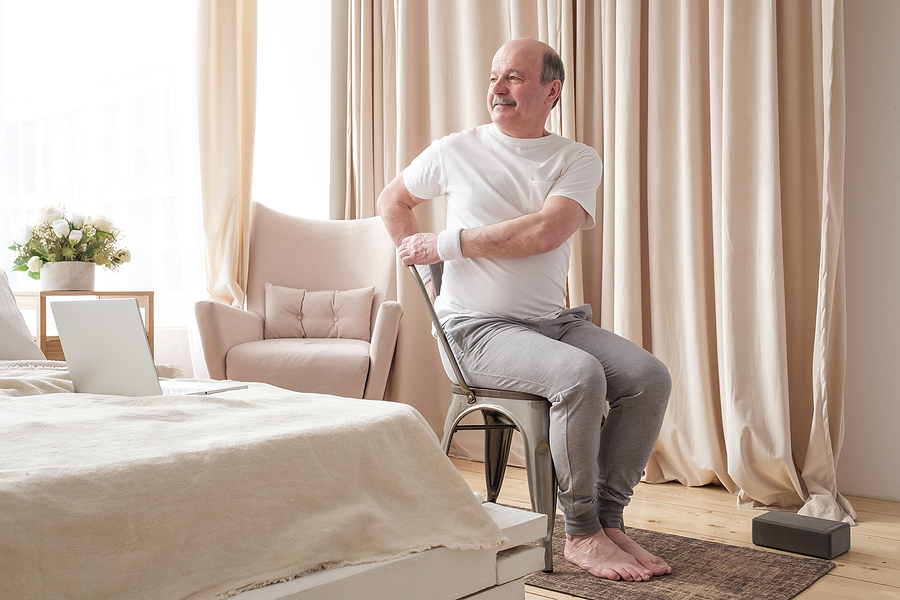
-
It can lower high blood pressure
Whilst yoga is not a vigorous form of exercise unless you do Bikram Yoga or Ashtanga Yoga, you are still taking part in physical activity when you practice. Lower blood pressure is shown to be a result of regular physical exercise.
Yoga also contributes to stress reduction and maintaining a healthy weight, all of which helps to reduce high blood pressure.
Check with your GP before undertaking a yoga class as you may need to avoid certain postures.
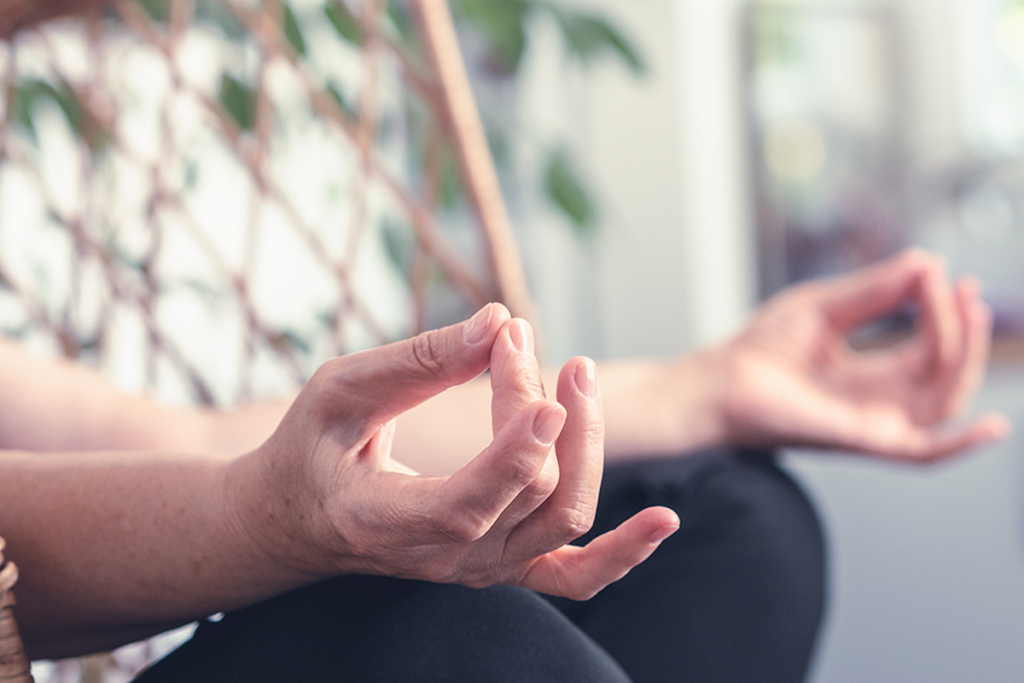
Yoga is a workout for both your mind and body, perhaps that is why for so many it is viewed as a lifestyle more than an exercise class.
Its combination of meditation and breathing coupled with postures to strengthen and relax will hopefully leave you energised, calm and present in the moment.
